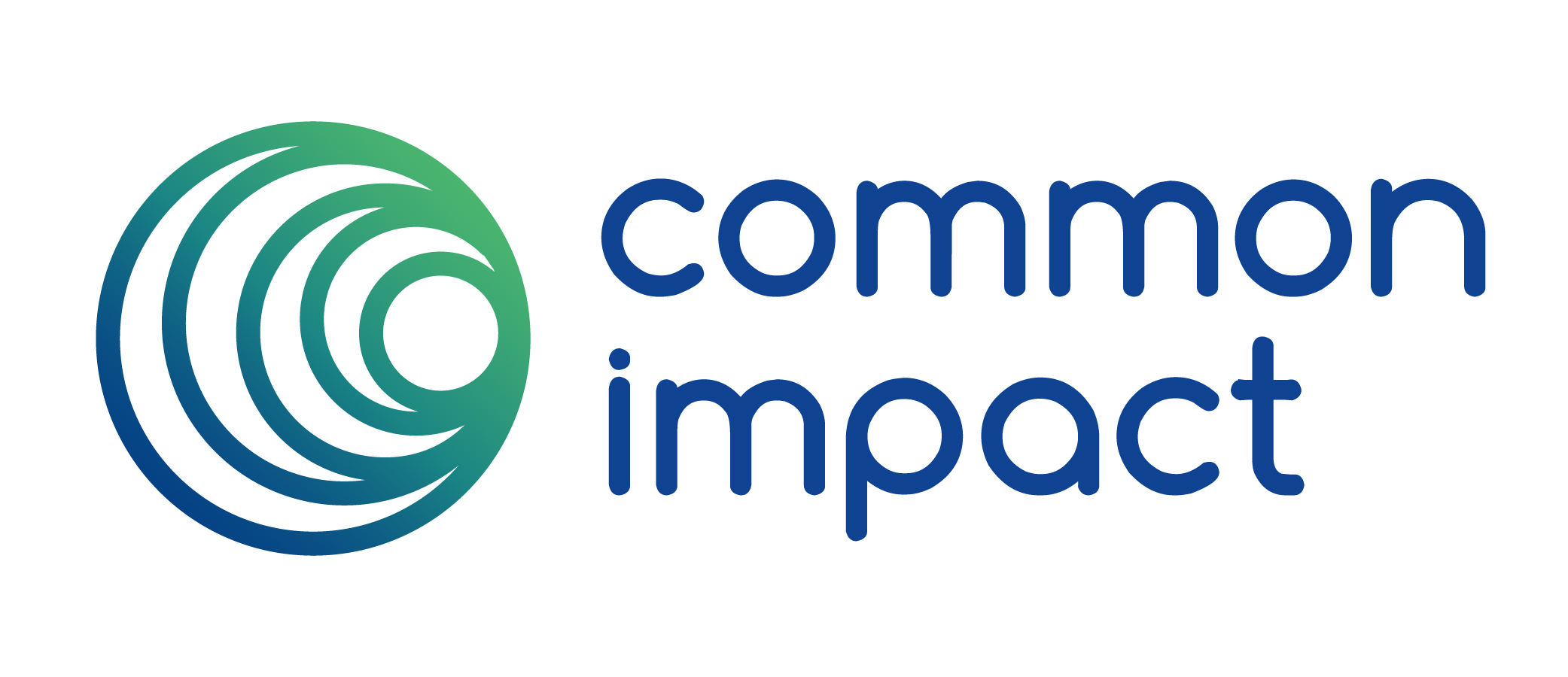Srinidhi Aduri’s Volunteering Experience With Fidelity Investments and Common Impact

For two decades, Common Impact has crafted engaging initiatives to bolster Fidelity’s social impact initiatives while weaving community engagement into the fabric of the employee experience. Our partnership with Fidelity and their dedicated volunteers continues to flourish, so we sat down with Srinidhi Aduri, an Intern at Fidelity Investments and graduate student at Northeastern University, to give us insights into her skills-based volunteering experience.
Despite being new to skills-based volunteering, Srinidhi brought valuable experience from her three-year tenure as a data analyst at Mu Sigma. Passionate about leveraging data to solve complex business problems, Srinidhi was eager to contribute her skills to our collaborative programs. Srinidhi recognized the vital role of nonprofits in the community and saw an opportunity for professionals like herself to make a meaningful impact by dedicating their skills to nonprofits championing important community causes.
Leading my volunteer group was a chance to sharpen my leadership and data skills.
Why does volunteering matter to you?
I first saw the value of volunteering when I joined a small volunteer team to mentor teenagers. I was paired with a teenager to teach her English and prepare for job interviews. The mentorship program lasted 30 days, and at the end of the program, I had trouble letting go because I had such a great experience. That’s when I understood how good it feels to volunteer. It’s a nice feeling to know I can make a difference. As employees, we make a difference in a professional setting daily. What I get through volunteering is different. It’s selfless and exciting.
You participated in a skills-based volunteering project with The YMCA of Greater Nashua. What was their business challenge?
The YMCA of Greater Nashua helps people grow, builds strong communities, and encourages healthy living through diverse programs that embrace human connections. The YMCA of Greater Nashua aims to provide efficient and effective service delivery. To achieve this, they gather data through various methods such as membership systems, financial reports, participation tracking, surveys, and manual data collection. However, the current manual collation process causes delays in decision-making and hinders the organization’s ability to adapt and innovate quickly. The YMCA wants to transition to real-time dashboards that can provide dynamic data for better decision-making. They are looking into selecting a visualization vendor. To achieve this, the YMCA sought assistance from a volunteer team to create a structured vendor selection framework that can address their unique needs, priorities, and visions for the future.
What skills and expertise did you bring to the project?
My expertise is in analytics, data visualization, and data reporting. I perform descriptive analytics and help teams make data-driven decisions through visualization and reporting. For the skills-based volunteering project, I worked with the YMCA of Greater Nashua to develop a robust vendor selection framework. My volunteer team created a framework outlining clear criteria, requirements, and guidelines to help them make informed decisions when choosing a data dashboard software, ensuring it aligns with the YMCA’s strategic plan. We kept in mind that their goal is to transition from manual reporting to a more automated reporting strategy so they can spend more time making decisions rather than creating reports manually.
What motivated you to try skills-based volunteering, and what were your takeaways?
I wanted to be more proactive in meeting new people within Fidelity because I work more independently as an intern in co-op data analytics and insights. I wanted to find new opportunities to collaborate and be part of a larger team. I saw that the skills-based volunteering opportunities with Fidelity and Common Impact would help me connect with more people in the company. I became the leading member of my volunteer group, which entailed bringing the team together and moving things along to deliver a high-quality strategy for the YMCA of Greater Nashua’s vendor selection framework project. It was a great opportunity to hone my leadership skills and improve my existing data skills.
How do you see this experience transferable to your current role?
My team had six hours to complete the project. This tight timeframe encouraged me to be proactive and ask the nonprofit as many questions as possible because we had limited time with them. The previous day, my volunteer team and I prepared questions and thought through challenges that might come up for the nonprofit during its transition to a more automated reporting strategy. Based on the documents we received before the event, we identified what the organization might need from a vendor. I enjoyed being the team lead because it was my first experience in a leadership role. Being team lead meant I was in charge of keeping the volunteer group on track and leading the project to completion. This experience helped me tap into leadership skills I can use at work.
How did this experience affect your perception and awareness of Fidelity’s social impact initiatives?
It’s amazing that I am in a place where I can participate in a technical skill-based volunteering program. It’s exciting that I can be part of an organization that cares so deeply about creating positive social change.
How do you think skills-based volunteering contributes to building a sense of community and shared purpose among employees within a company like Fidelity?
It’s easy to fall in love with volunteering. You become increasingly invested the more you contribute. I felt engaged and motivated during this skills-based volunteering event because I was part of a team and using my skills for a good cause. Having a skills-based volunteering program gives us opportunities to contribute to social causes in a meaningful and fun way with others in the company.
Looking ahead, do you see yourself participating in other skills-based volunteering programs?
After working with the YMCA Greater Nashua, I wanted to do more to help them transition to automated reporting because I know so much about this process. In the future, I see myself being more technically invested in projects like this for a longer time, as opposed to the few hours of consulting we had with the YMCA. I envision myself continuing to volunteer my skills in a greater capacity, like long-term skills-based volunteering.
For more social impact content like this, follow us on LinkedIn and sign-up for our monthly newsletter. Ready to learn more about skills-based volunteering? Reach out.

